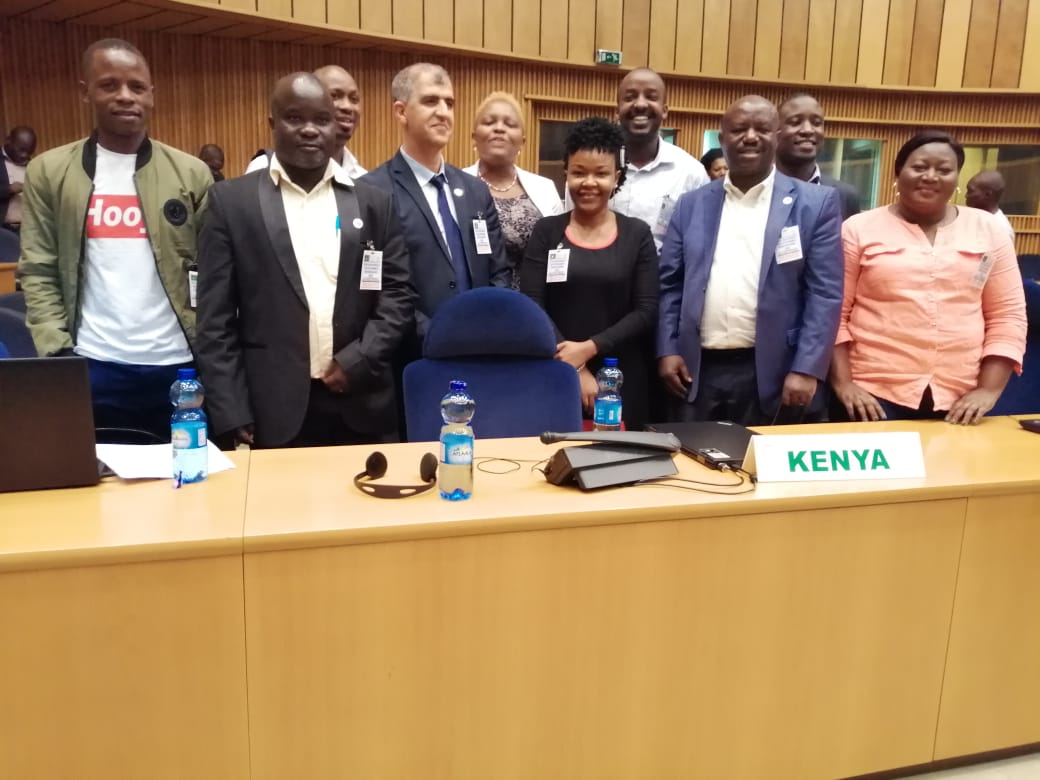
A three-day PIDA Dialogue framework meeting has just been concluded in Addis Ababa, Ethiopia with a set of outcomes ready for recommendation to the Africa Union Commission and PIDA implementing partners.
The Programme for Infrastructure Development for Africa (PIDA) Dialogue framework is meant to provide a platform for PIDA stakeholders to create synergies between the different implementation institutions, regional and continental and other stakeholders.
Key outcomes of the meeting are:
- Assigning a PIDA focal persons/teams within the Member States to continuously engage institutions and stakeholders on the implementation of the PIDA – Priority Action Plan (PAP);
- Developing an effective monitoring and evaluation framework to track project implementation;
- Establishment of Project Planning Units at the RECs and the Member States;
- Integrate gender Dimensions into the PIDA projects at all levels of project development and implementation;
- Establishment of a gender task force for PIDA and use of the Job Creation toolkit to capture gender data;
- Establishment of a China Africa Energy Cooperation Centre to improve energy access and power sector development in Africa;
- Develop and promote frameworks that ensure the integration of local content, especially youth into regional infrastructure projects; and
- Develop a common African Strategy to guide partnerships on infrastructure development with non- African Countries and Organizations.
This happens in a dialogue framework that aims at:
- Achieving a consensus on enhanced coordination and harmonization of efforts amongst all the stakeholders and minimise duplication;
- Identifying key policy and regulatory frameworks that will facilitate and accelerate the delivery of PIDA projects;
- Proposing strategies for creating an enabling policy and financing environment for private sector engagement, funds mobilisation and implementation of infrastructure projects;
- Contribute to the continental policy framework for rural infrastructure development that the regional institutions and African countries could implement; and
- Mobilise and leverage existing national, continental and international initiatives and instruments to promote, support and finance integrated development of rural and remote areas;

Write a Comment